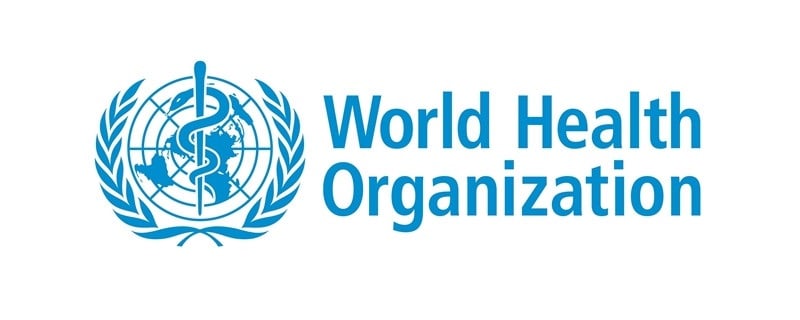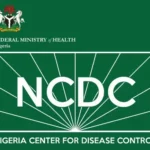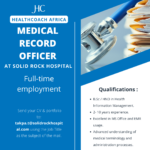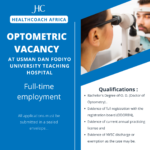WHO Sounds Alarm on Antibiotic Misuse: Warns of Potential 10 Million Deaths by 2050

The World Health Organization issues a stern warning, urging responsible use of antibiotics to combat the looming threat of Antimicrobial Resistance (AMR), projecting a potential 10 million deaths by 2050 if global action is not taken.
In a wake-up call to the world, the World Health Organization (WHO) has underscored the urgency of addressing Antimicrobial Resistance (AMR), cautioning that the global burden of AMR could result in a staggering 10 million deaths by 2050 if left unchecked. The WHO emphasized the need for responsible use of existing antibiotics, shedding light on the daunting challenges associated with developing new antibiotics—a process that could span 10-15 years and cost over $1 billion.
Dr. Laxmikant Chavan, the Technical Officer of AMR at WHO Nigeria Office, delivered this crucial message during the four-day conference of the Association of Nigeria Health Journalists. Dr. Chavan highlighted that AMR poses a significant threat to human health globally, with approximately five million deaths linked to bacterial resistance. He stressed that AMR not only jeopardizes the achievements of the Millennium Development Goals (MDGs) but also hinders the attainment of the Sustainable Development Goals (SDGs).
“The cost of AMR to national economies and development is significant. Under a worst-case scenario, AMR could cause a reduction in Gross Domestic Product (GDP) equal to that of the 2008 financial crisis,” warned Dr. Chavan.
Expressing concern over the escalating use of antimicrobial medicines, Dr. Olayiwola Olanike, Technical Officer, Vaccine Preventable Diseases Cluster (VPD), WHO, underscored the importance of sustainable health practices in Nigeria. Dr. Olanike advocated for a comprehensive approach, addressing health determinants from environmental sustainability to community engagement.
Highlighting the crucial role of multi-sectoral policies, disaster planning, and inclusive programs, Dr. Olanike emphasized the interconnectedness of health and the environment. He called for a transformative shift towards low-carbon solutions to ensure universal health coverage and sustainable well-being.
Read more >>>



